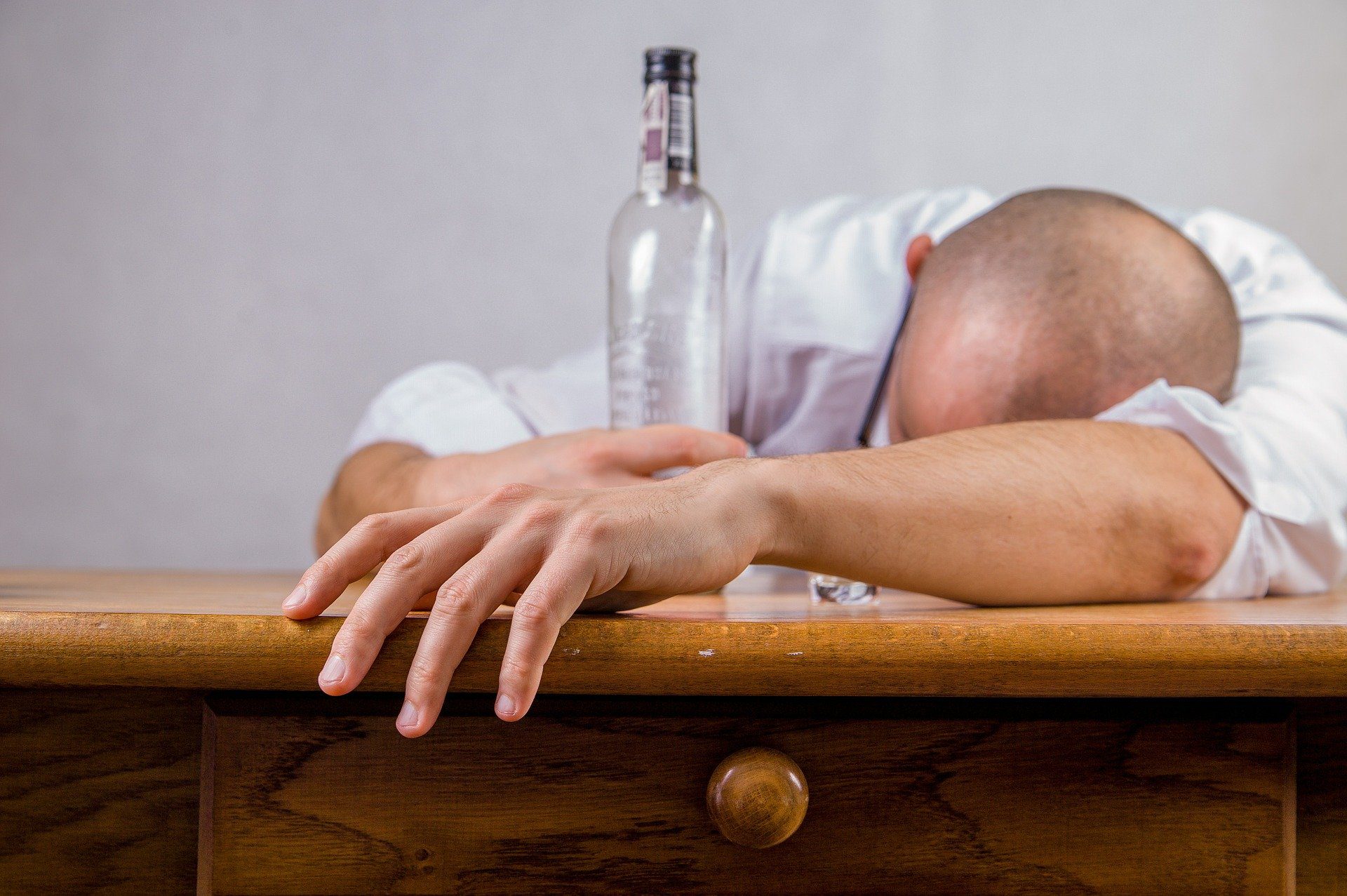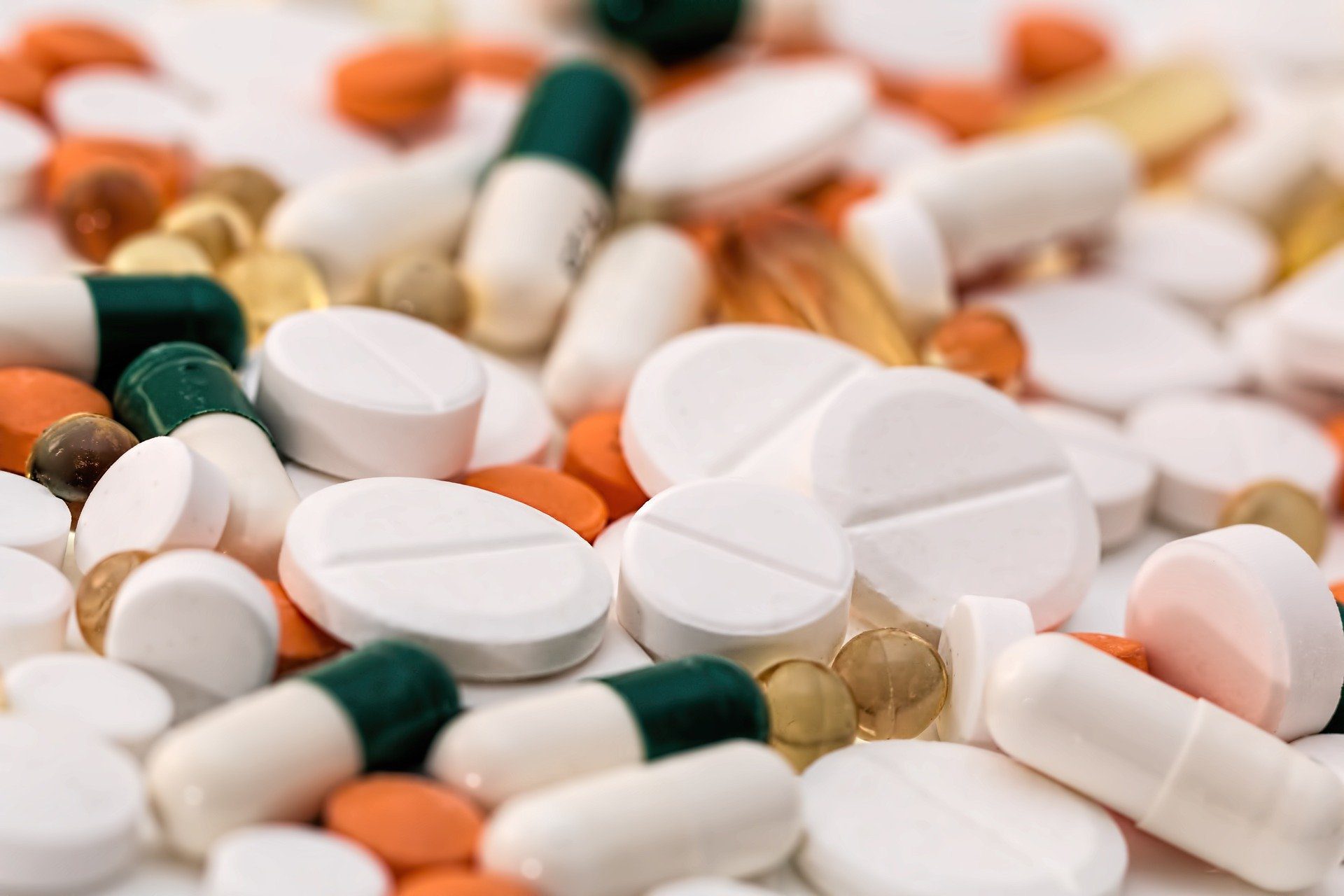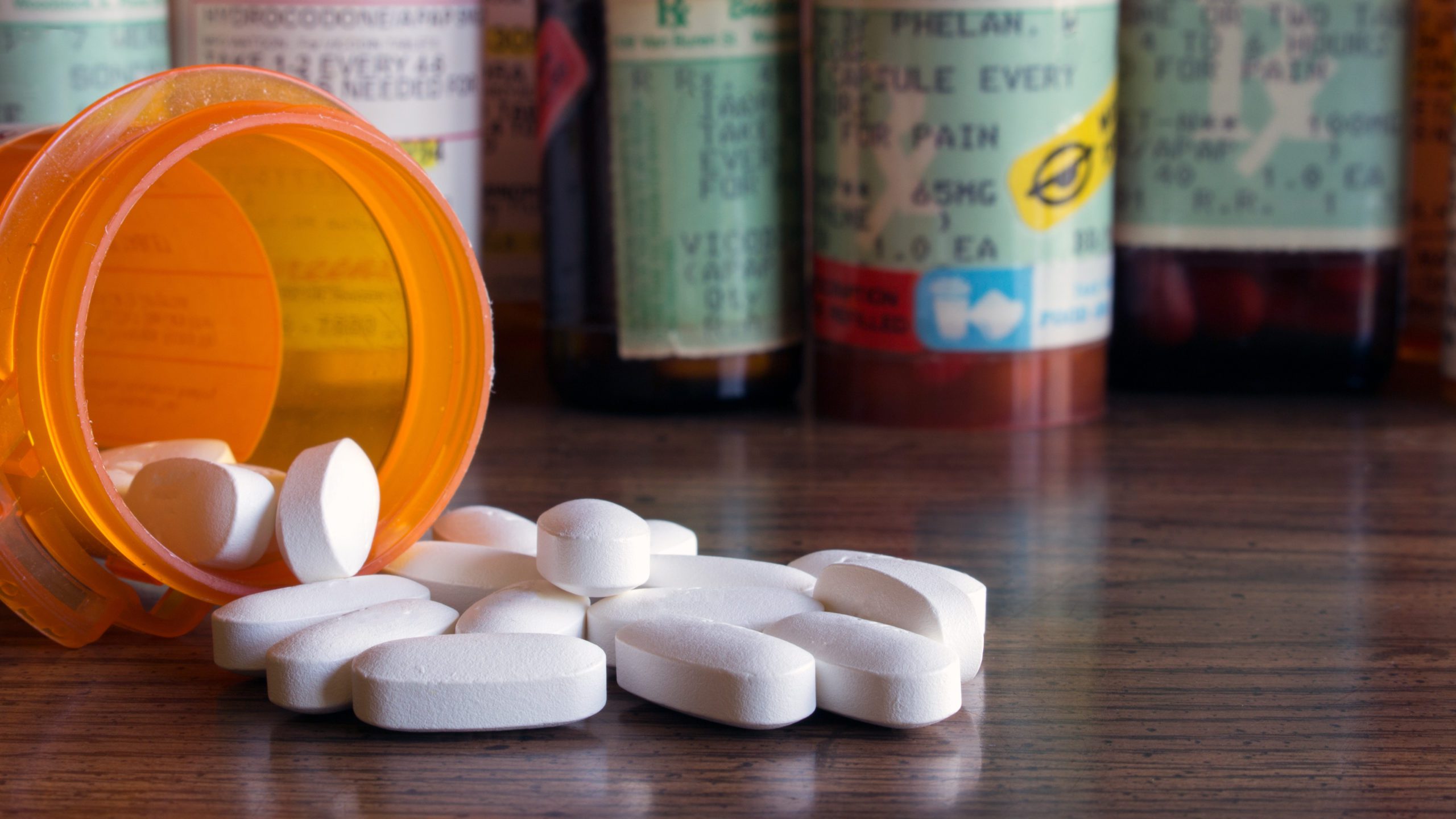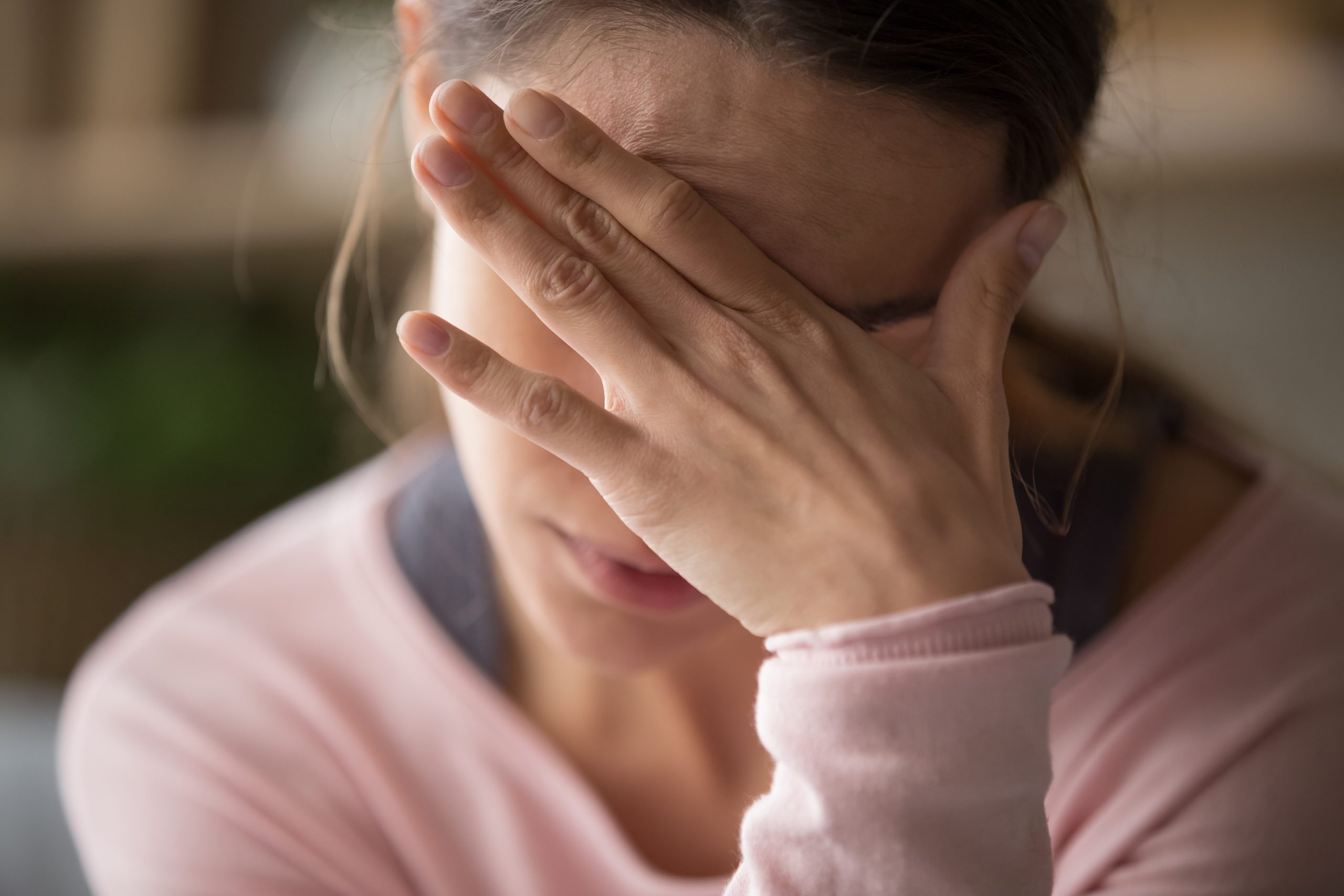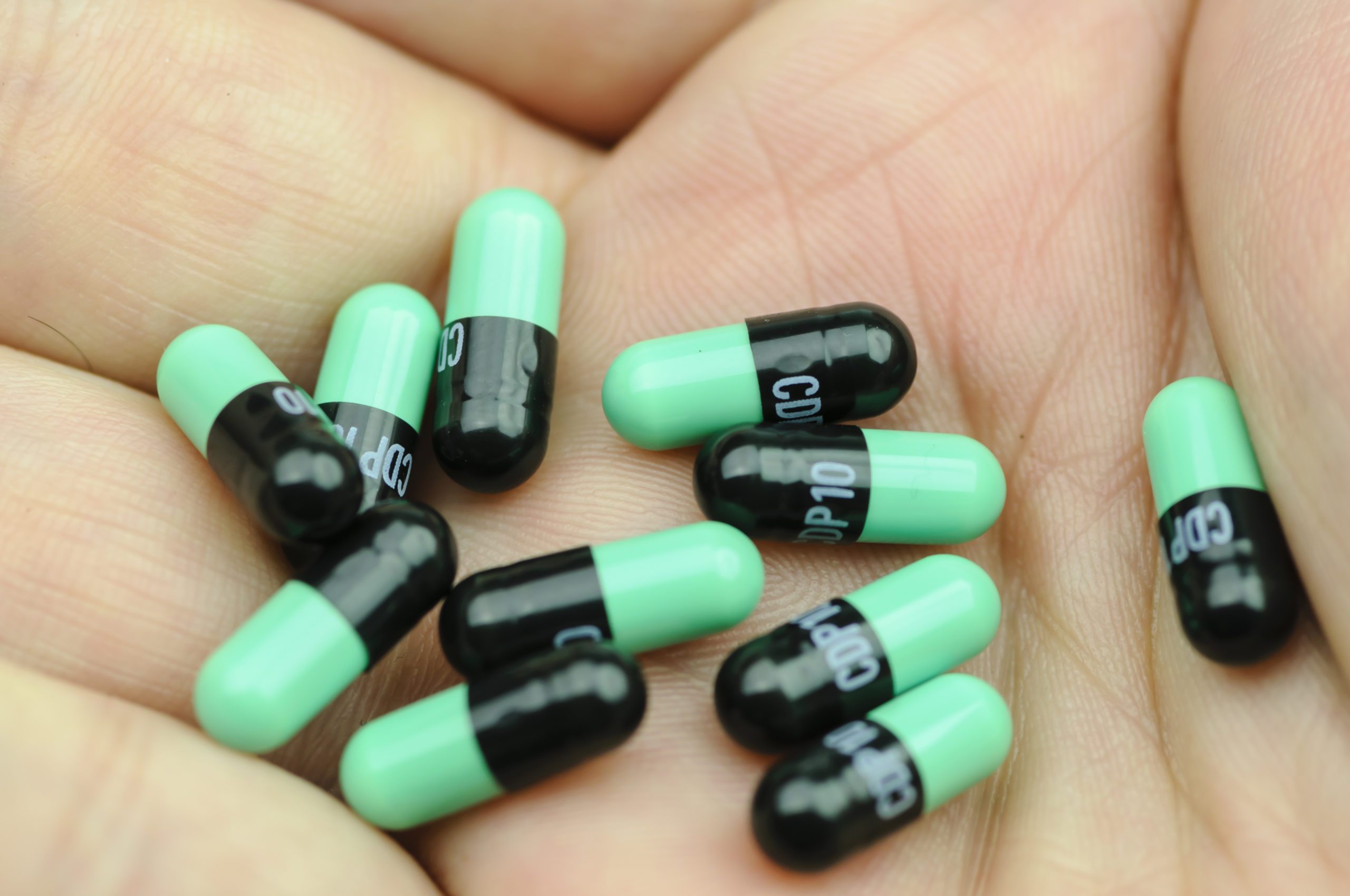The link between substance abuse and mental health disorders has been long documented. In fact, data shows that people who suffer from depression are more likely to turn to alcohol as a form of self-medication, compared to other substances.
But how does alcohol affect your mental health? Does it only make it worse or is there more to it?
Let’s take a deep dive and find out.
Does Alcohol Affect Your Mental Health?
To put it short and simply, yes, it does. Alcohol can have an adverse impact on mental health.
The millennial-old drink is one of the most abused substances in the world with close to 14.5 million people aged 12 or older reporting an alcohol abuse disorder in 2019.
While it’s possible to enjoy alcohol in moderation, consuming the drink excessively can have adverse consequences.
How Does Alcohol Affect Mental Health?
If you have been pondering the question—how does alcohol affect your mental health? Then you’ve come to the right place.
The consequences of alcohol consumption could deteriorate the mental health of drinkers and eventually end up worsening any existing mental health conditions or creating new ones.
This is primarily due to the effects that alcohol can have on our brains, behaviors, and emotions.
Can Mental Health Disorders Develop From Alcohol Use?
Alcohol, like other substances with abuse potential, creates imbalances in our brains and bodies. These imbalances can often lead to the development of mental health disorders like anxiety and depression.
Alcohol is a depressant that over time can lead to feelings of hopelessness, helplessness, and even suicidal ideation. These feelings can eventually develop into medical depression which is not uncommon among alcoholics.
Anxiety is another common occurrence among alcohol abusers. While alcohol can initially lower anxiety, excessive drinking can lead to rebound anxiety, especially during withdrawal.
Alcohol itself can’t create trauma or PTSD. However, the consumption of it can lead to traumatic experiences that can cause such mental health disorders.
For example, someone who abuses alcohol could experience financial loss, car accidents, or the loss of relationships. All of these could be highly traumatic life experiences that could eventually develop into PTSD or serious trauma.
How Does Alcohol Affect Mental Health For Those With An Existing Disorder?
Another way in which alcohol affects mental health disorders is by exacerbating existing mental health conditions.
In many instances, the soothing effects of alcohol might be sought after by patients with existing mental health disorders like depression, anxiety, or PTSD.
Alcohol might provide a temporary relief to the symptoms of these disorders which might prompt the user to drink.
However, the effects of alcohol on the body eventually worsen the existing conditions creating a loop of self-destruction that could lead to severe and mortal consequences.
How Does Alcohol and Drugs Affect Mental Health?
Mixing alcohol with drugs used in the treatment of existing mental health disorders can also worsen the problem further.
For example, mixing alcohol with benzodiazepines can increase the risk of overdose and respiratory depression.
Mental Health and Alcohol Treatment
We’ve asked some critical questions here in understanding the link between alcohol and mental health.
We pondered on–how does alcohol affect your mental health?
We examined—how does alcohol and drugs affect mental health
But more importantly we answered the question—does alcohol affect your mental health?
However, there is one more critical question to ask. Where can I or my loved ones get mental health and alcohol treatment?
Not to worry, as we’re also prepared to answer that. If you are looking for alcohol and mental health treatment then you will need to attend a rehab center with a holistic dual-diagnosis approach, one like Outpatient LA.
Contact us today and we will extend our hand to help your or your loved ones get the right treatment today.



